Future Food PhD wins prestigious Carlos Fuentes award
September 21, 2022
Karla G. Hernandez-Aguilar, a PhD candidate with the Palaeobenchmarking Resistant Agricultural Systems project, has been awarded a Carlos Fuentes award by the Mexican Society of the UK for her PhD research. Karla’s PhD project is titled: Understanding microenvironments and the potential of traditional agricultural systems in a changing climate in Mexico and Belize. Her interdisciplinary …
Improving farmer livelihoods through better cocoa bean fermentation
November 10, 2021
We can support small farmers by using science to understand cocoa bean fermentation, ensuring more consistent beans, and better incomes, write David Salt, David Gopaulchan, and Gabriel Castrillo Cocoa is a significant global commodity, generating income, export revenues, and employment for producing countries. Cocoa is grown across the equatorial belt, by some six million smallholder …
The nutritional quality of crops and the impact of climate change
November 5, 2021
Today at COP26, discussions are focused around public empowerment and education in climate action. Galvanising public action is difficult but not impossible. Grace Kangara explains how promoting locally available organic nutrient resources to farmers is key to both improving soils and improving the nutritional quality of crops, ensuring the availability of micronutrient-dense foods at the …
Global-local knowledge systems for innovation and entrepreneurship in the developing world: An international workshop in Nottingham, 2-3 May 2019
May 29, 2019
This post was written by Dr Bin Wu and Dr Peter Noy. About 2 billion people (two thirds of the population) in the developing world live on about 500 million small farms, defined as plots of land smaller than 2 hectares. Smallholder farmers are “knowledge-rich, but economically poor” and there is a significant gap in …

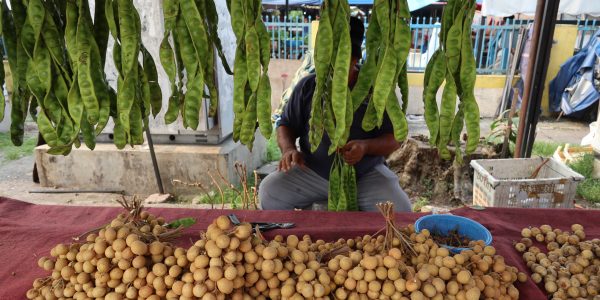

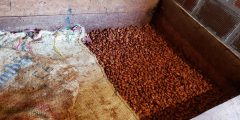
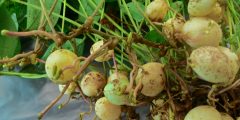
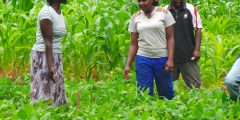

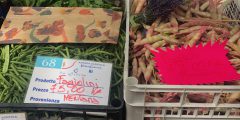
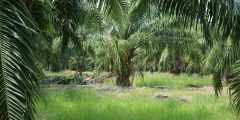

Recent Comments